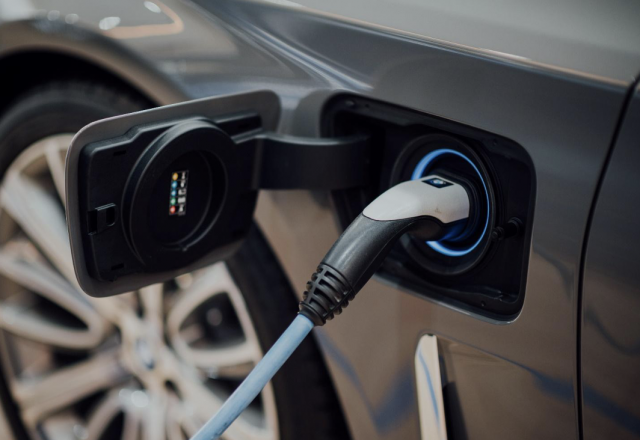A thing is sure in 2021: the coronavirus pandemic has caused many changes to happen, and many practices have been disrupted. When it comes to the auto industry, sales have seen a significant drop in recent years, but even more, since the pandemic started. Factories closed down, and dealerships had little demand while people reevaluated their finances and changed their priorities. For this reason, vehicle prices have started going up.
Another significant change related to the auto industry is the increasing demand for electric cars. Automakers realize the opportunity and necessity of manufacturing vehicles that are more eco-friendly and have a low impact on the environment. Even the Biden Administration has a strategy in place that is meant to align better with the requirements of today’s world, such as adopting a more sustainable approach. What’s more, President Joe Biden plans to implement specific measures that will impact the auto industry in the U.S.
So, what are the changes that we will soon start to notice in the auto industry, and what are their implications?
More investments in renewable energy
Contents
With the new U.S. Administration of president Joe Biden promising to invest more in renewable energy and facilitating the shift to it with $400 billion in state financing, it will set a precedent to promote sustainable practices more. So, this could bring the focus of other investors to see the advantages of renewable energy.
What’s more, with this investment, automakers will be more motivated to manufacture more electric vehicles. There are plans to develop infrastructure that supports this type of car, such as charging units. Compared to the European Union, which has taken the lead in providing charging stations, the U.S. has some catching up to do. But with the new proposals of the Biden Administration, the future looks more sustainable. With this, the production of electric cars can increase, and consumers could be more incentivized to replace their old vehicles with electric ones.
The focus will be on innovation
If automakers start developing more eco-friendly vehicles, changes in their supply chain and manufacturing process will be necessary. In order to design and put together battery-powered cars, the digitalization of the supply chain is a requirement. Otherwise, they do not have the tools needed for the production of vehicles that imply using new technologies.
Apart from technological-driven innovations when it comes to designing new auto parts, the manufacturing and assembling line should also be digitized. For an automaker, this can translate into a reduction of costs, as much as 10%, which is a significant decrease. Plus, with a focus on implementing intelligent technologies throughout the entire production process, customer service can also improve.
Autonomous cars could be a reality
Cars that operate with an advanced driver-assistance system, or ADAS, meaning that the vehicle could drive itself, is not a reality that could happen in the next five years. However, there is an estimation that by 2030, 15% of purchased vehicles will be autonomous ones.
For this to happen, consumers need to be ready for this highly innovative technology and trust a fully autonomous vehicle. Therefore, this extreme change in the auto industry won’t happen overnight. Once the safety and security issues are resolved and the technology is adequately developed and tested, autonomous cars can become a reality.


